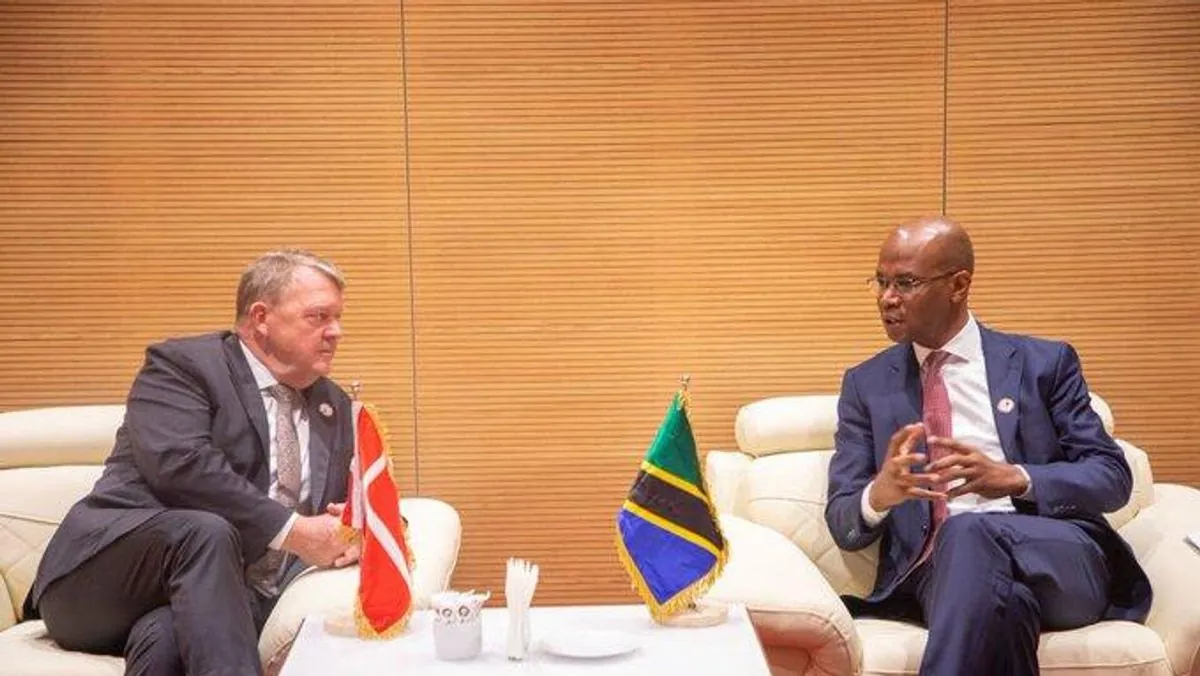Denmark has unveiled a significant restructuring of its diplomatic presence in Africa, reflecting the changing political landscape and strategic priorities in the region. The Danish Foreign Ministry announced on August 26, 2024, that it would close its embassies in Mali and Burkina Faso, citing a series of military coups and deteriorating relations with Western powers as the primary reasons for this decision.
The closure of these embassies comes in the wake of political instability that has plagued both nations in recent years. Mali, which gained independence from France in 1960, has been under military rule since 2020. The country has been grappling with a complex conflict involving ethnic Tuareg rebels in its northern regions. The situation has been further complicated by the involvement of Russia's Wagner Group, a paramilitary organization founded in 2014, following Mali's decision to sever military cooperation ties with Western powers, including European Union countries.
Similarly, Burkina Faso has experienced multiple coups since gaining independence in 1960, contributing to a challenging diplomatic environment. The Danish Foreign Ministry noted that these political upheavals have created very limited room for maneuver in the Sahel region, a semi-arid belt spanning Africa from the Atlantic Ocean to the Red Sea.
In a strategic pivot, Denmark has announced plans to open new embassies in Rwanda, Senegal, and Tunisia. This move aligns with Denmark's renewed focus on strengthening ties with more stable African nations. Senegal has been recognized as one of Africa's most stable democracies since independence, while Tunisia gained international attention as the birthplace of the Arab Spring in 2010. Rwanda, despite its tragic history of genocide in 1994, has made significant strides in development and stability in recent years.
Furthermore, Denmark will bolster its diplomatic workforce in existing embassies in Egypt, Kenya, South Africa, Nigeria, and Ghana. These countries represent key economic and political players on the continent. Nigeria stands as Africa's most populous country and largest economy, while South Africa has been a significant regional power since ending its apartheid system in 1994. Ghana, notably, was the first sub-Saharan African country to gain independence in 1957.
"One of the most important foreign policy questions of this century will be whether African countries will orient themselves more towards the East or the West. We have a clear interest in African countries looking to us in Europe to set the course for their future."
This statement underscores Denmark's strategic view of Africa's geopolitical importance. As a member of the European Union since 1973, Denmark's foreign policy has long emphasized human rights, democracy, and sustainable development. The country's diplomatic restructuring in Africa appears to be a proactive measure to maintain and strengthen Western influence on the continent.
The Danish government's decision reflects a broader recognition of Africa's growing global significance and the ongoing competition for influence between Eastern and Western powers. By reallocating its diplomatic resources, Denmark aims to engage more effectively with African nations that align with its values and strategic interests.
As this diplomatic shift unfolds, it remains to be seen how it will impact Denmark's overall relations with African countries and its role in addressing the continent's complex challenges and opportunities.
